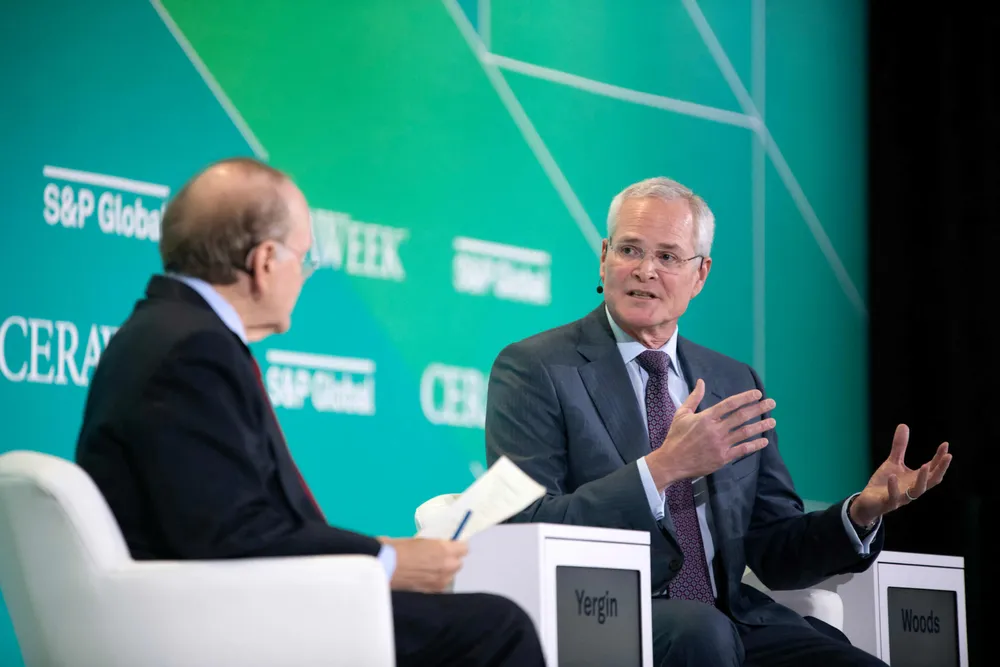ExxonMobil's Darren Woods rejects Scope 3 emissions as effective measurement for individual companies
Woods said a Scope 3 measurement can be beneficial at a macro-level instead

Woods said a Scope 3 measurement can be beneficial at a macro-level instead
